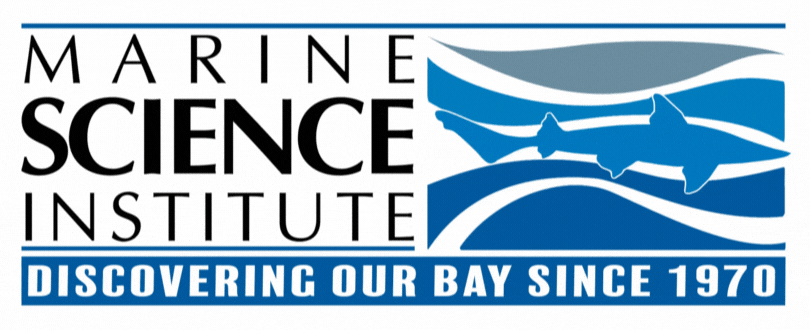Marine Science in the News: Bioplastics Part 3
- Alexandra Lee, Marine Camp Manager
- Dec 19, 2017
- 2 min read
This is the third part in our 4-part series discussing bioplastics. Part 2 explored petroleum-derived versus biobased plastics. According to the Plastics Industry Association bioplastics are defined as plastics that are biodegradable, have biobased content, or both. Biobased plastic is made from renewable resources instead of fossil fuels; renewable resources include corn, potatoes, rice, sugarcane, wheat and vegetable oil.
Biobased plastics are made from corn, potatoes, wheat or other renewable resources. Unfortunately a plastic that is made partly of fossil fuels and of renewable materials still fits under the "biobased" umbrella. Because of the misconceptions surrounding the trendy prefixes of “bio-“ and “eco-“ triggering an earth-friendly sentiment, it is necessary to lay out some definitions in regard to plastics:
Biodegradable plastic: The plastic product can degrade by naturally occurring microorganisms (bacteria, fungi, and algae). This term is meaningless if the degradation process leaves behind toxic residue, or if the time frame for total biodegradation is not clearly defined.
Degradable plastic: The plastic will undergo a significant change but the degradation process does not need to be from naturally occurring microorganisms.
Compostable plastic: The plastic is biodegradable in a composting environment and will break down into water, carbon dioxide, biomass and inorganic compounds, and should not leave any toxic residue. In order for a plastic to be labeled compostable, it must meet specific criteria for disintegration, biodegradation and eco-toxicity.
These definitions also mean that just because a plastic product is biobased does not mean the product is biodegradable or compostable. A plastic may also be degradable but not biodegradable, or it may be biodegradable but not compostable. So what is the best option?!
In the fourth and final part of our Bioplastics blog series we will lay out the most earth-friendly product options, discuss regulation of bioplastics and where the industry is going.
While researching this topic we came across a document created by the Washington State Department of Ecology which provides a thorough and clear focus sheet on bioplastics. CLICK HERE to access. This document has been extremely helpful in understanding definitions and misconceptions.







